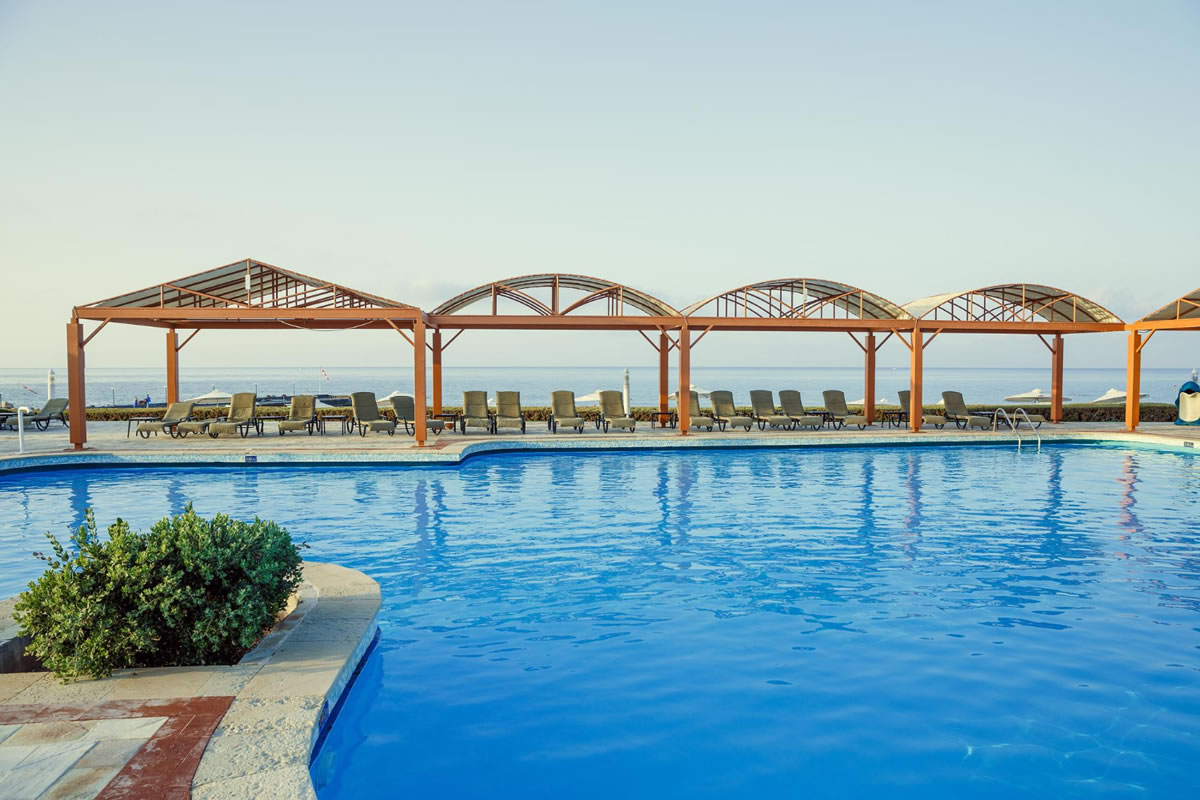
In recent years, below and above-ground pool owners have looked for alternatives to traditional chlorine pools. Some are encouraged by health concerns since traditional chlorine can induce eye and skin irritation for susceptible folks. Others desire a more natural or cost-effective system for their pools. Saltwater pool systems have quickly evolved into one of the most widespread alternatives to chlorine. If you're contemplating starting your new pool off with salt or even switching your existing pool to a saltwater sanitation system, there are many factors you'll want to be mindful of to save you both time and capital.
Sadly, many homeowners do not realize that all styles of pools can't accommodate saltwater systems. Our experts on pool renovation in Orlando want to remind you that certain above-ground pools, especially, may be unable to make the change without grave side effects.
Saltwater Pool System Basics
A saltwater pool system has two major elements: a select appliance called a salt chlorine generator and the salt it uses. The salt chlorine generator cleans and disinfects your pool. It converts salt into a form of chlorine known as hypochlorous acid. This reaction is assisted by the electrode cell inside the salt chlorine generator.
Saltwater Pool Benefits
- Gentler on eyes and skin
- No odor of chlorine
- Smooth, practically silky, pool water
- Promotes outstanding clarity
Saltwater pool systems are less costly than chlorine systems in terms of maintenance. After all, pool-specific salt costs significantly less than the comparable amount of chlorine.
Saltwater Pool Drawbacks
Although salt systems command less money per year, they require higher up-front expenses as salt chlorine generators can be relatively expensive. And while a salt chlorine generator can last up to seven years, it will need to be replaced eventually. So as long as you plan this into your long-term pool costs, a saltwater pool makes sense economically.
Saltwater pool systems also prove challenging for people who don't conduct regular maintenance. In particular, you must be aggressive about testing the chlorine levels. Otherwise, they may reach disturbing levels.
Ideally, the chlorine level should remain between 1.0 and 3.0. Also, the pool's pH should stay between 7.4 and 7.6. Your pool and its features will be in danger of deterioration otherwise.
Saltwater Compatible Above-Ground Pools
As we mentioned, not all above-ground pools are compatible with saltwater systems. Therefore, whether you are converting an existing above-ground pool to saltwater or purchasing a new pool, you must be mindful of the materials your pool is made from.
Above-ground pools are typically constructed from one of three kinds of materials: steel, aluminum, and resin. Simply put, steel and aluminum above-ground pools are incompatible with saltwater systems. Even when these pools have protective coatings, they stay far too vulnerable to deterioration and oxidation.
The only kind of above-ground pools consistent with saltwater sanitation systems are those produced from resin. Remember that even resin pools still have many components made of steel — for example, nuts and bolts. This industry standard should not pose any long-term stability issues when using a salt system. Remember that these items are susceptible to rust but can be readily substituted as needed.
We hope this guide helps you understand more about saltwater pool systems. Contact us today for more information about pool renovation in Orlando. We are here for you!